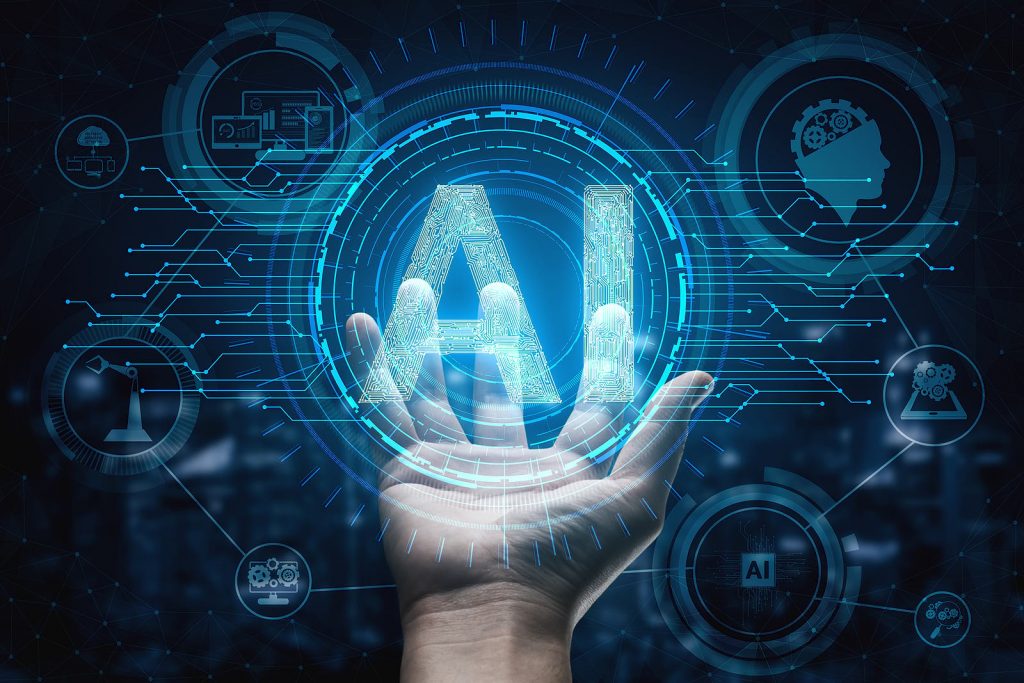What is AI (Artificial Intelligence)?
In the modern world, Artificial Intelligence, often abbreviated as AI, has become a buzzword. But what exactly is it? Artificial Intelligence refers to the development of computer systems that can perform tasks that typically require human intelligence. These tasks include learning, reasoning, problem-solving, understanding natural language, and even recognizing patterns.
AI and the Future of Work
As we delve deeper into the age of technology, the influence of AI on the workplace is profound. It is not just about making our lives easier but also changing the dynamics of the job market. This brings us to the question: How will Artificial Intelligence affect jobs?
How Will Artificial Intelligence Affect Jobs?
The impact of AI and automation on employment is a topic of significant debate. On one hand, AI can enhance productivity and efficiency across various industries. On the other hand, it can replace certain tasks and jobs previously done by humans. Let’s explore these aspects:
The Basics of Artificial Intelligence
AI encompasses various technologies, including machine learning and deep learning, which enable computers to analyze vast amounts of data, recognize patterns, and make decisions. This means that AI can perform tasks like data analysis, customer service, and even some aspects of creative work, such as content generation.
The Rapid Advancements in AI Technology
AI technology is advancing at an astonishing pace. This means that more industries are integrating AI into their operations. For instance, in healthcare, AI can assist in diagnosis and treatment planning. In manufacturing, robots equipped with AI can handle repetitive tasks. This leads to increased efficiency but can also lead to workforce adjustments.
AI and Automation in the Workplace
Automation is an integral part of AI, and it is changing the nature of work. Routine and repetitive tasks are increasingly being automated. While this can lead to job displacement in certain sectors, it also creates new opportunities. Companies need employees who can work alongside AI systems, manage them, and develop new AI applications.
AI’s Impact on the Next Generation Workforce
The next generation of workers will need to adapt to the AI-driven workplace. This means acquiring skills that complement AI technology. Skills like problem-solving, critical thinking, creativity, and emotional intelligence will remain highly valuable. Additionally, learning how to work with AI systems will become a crucial aspect of many job roles.
Conclusion
Artificial Intelligence is reshaping the job landscape. While it may displace certain jobs, it also creates new opportunities and demands a shift in skillsets. As AI continues to advance, preparing for the future of work means embracing AI as a tool to enhance human capabilities rather than fearing it as a threat to jobs. Understanding AI and its potential impact is key to navigating the changing job market effectively.





